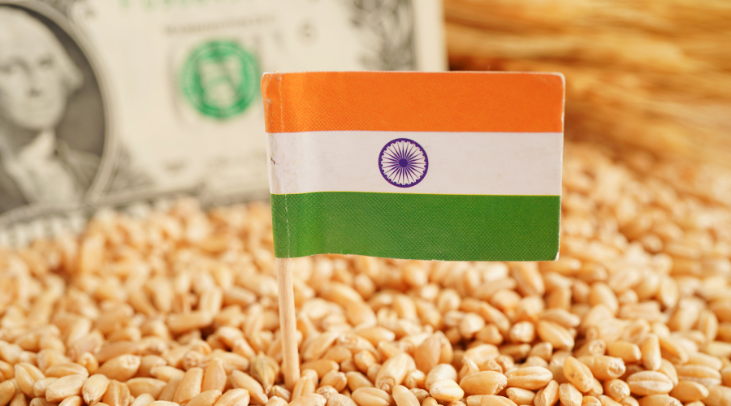India plays a significant role in the global market, boasting extensive agricultural output that includes grains, spices, fruits, and vegetables. As global demand for Indian agricultural products rises, maintaining quality is essential for establishing trust among international buyers. Quality assurance (QA) practices are crucial in building this trust by ensuring that Indian exports comply with international standards, thus instilling confidence in consume
Importance of Quality Assurance in Exports
Quality assurance encompasses a range of standardized processes designed to maintain a product’s quality from cultivation to delivery. For Indian produce, QA focuses on meeting specifications related to flavor, safety, appearance, and freshness. By complying with global food safety regulations, India has earned a reputation as a trustworthy supplier in international markets.
Essential Components of Quality Assurance Practices
1.Global Certification and Compliance
One key method for building trust in Indian produce is obtaining international certifications like GlobalGAP , ISO 22000, and HACCP . These globally recognized certifications confirm to buyers that Indian suppliers adhere to stringent food safety and quality protocols. Certification includes practicing good agricultural methods, appropriate handling, and hygienic processing—all critical for assuring the reliability and safety of products.
2.Stringent T esting and Inspections
QA practices entail regular inspections and tests at various stages, including pre-harvest, post-harvest, and pre-shipment. For instance, Indian fruit exports undergo tests for pesticide residues, pathogens, and moisture levels. This testing ensures products are free from harmful substances, guaranteeing their safety for consumption. Such rigorous evaluation boosts international buyers’ confidence in the quality of Indian exports.
3.Traceability Systems
Modern technology has made traceability a fundamental element of quality assurance. Indian farmers and exporters are increasingly using systems that track produce from origin to delivery. This allows buyers to ascertain product origin, promoting transparency and addressing any quality issues that may surface. Enhanced traceability fosters accountability and showcases Indian producers’ commitment to quality, thereby strengthening trust with global clients.
4.Standardization and Consistency
Consistency is vital for cultivating long-term business partnerships. By instituting standardized practices for cultivation, harvesting, processing, and packaging, Indian suppliers can consistently meet high standards. For example, uniform packaging that maintains product freshness during transit is essential for quality assurance. When international customers consistently receive high-quality products, they are more likely to return for future purchases.
5.Training and Capacity Building
Effective quality assurance also necessitates ongoing training and skill development for farmers, producers, and exporters. In India, programs focused on educating farmers about best practices in crop management, pest control, and safe handling post-harvest are gaining momentum. By enhancing local producers’ capabilities, these initiatives help ensure that export quality aligns with international expectations, fostering trust and bolstering India’s reputation in the global marketplace.
Advantages of QA Practices for Indian Exporters
1.Access to Premium Markets
Compliance with international quality standards enables Indian exporters to enter high-value markets such as the European Union, the United States, and the Middle East, which often have stringent quality requirements. Robust QA practices allow Indian exporters to broaden their customer base, explore new markets, and enhance revenue opportunities.
2.Fostering Long-term Relationships
QA practices extend beyond individual transactions. By consistently offering high-quality products, Indian exporters can develop lasting relationships with international customers. These relationships lead to repeat business, increased customer loyalty, and improved brand recognition globally.
3.Risk Mitigation
Quality assurance practices minimize risks associated with product recalls, reputational harm, and loss of consumer trust. By decreasing the chances of product defects or safety concerns, QA reinforces the positive reputation of Indian exporters, which is vital for success in international trade.
Conclusion
Quality assurance is not merely a procedural framework; it serves as a mechanism for building trust that enables Indian exporters to meet the growing demand for safe, reliable, and high-quality products in the global arena. Through effective QA practices, including certifications, thorough testing, traceability, and standardization, Indian exporters can ensure that their produce not only meets but surpasses international standards. This, in turn, reinforces the trust that global buyers place in Indian products, driving the growth of agricultural exports and elevating India’s position in the world market.
By emphasizing quality assurance, India can maintain its reputation as a dependable and trusted supplier of superior produce globally.

